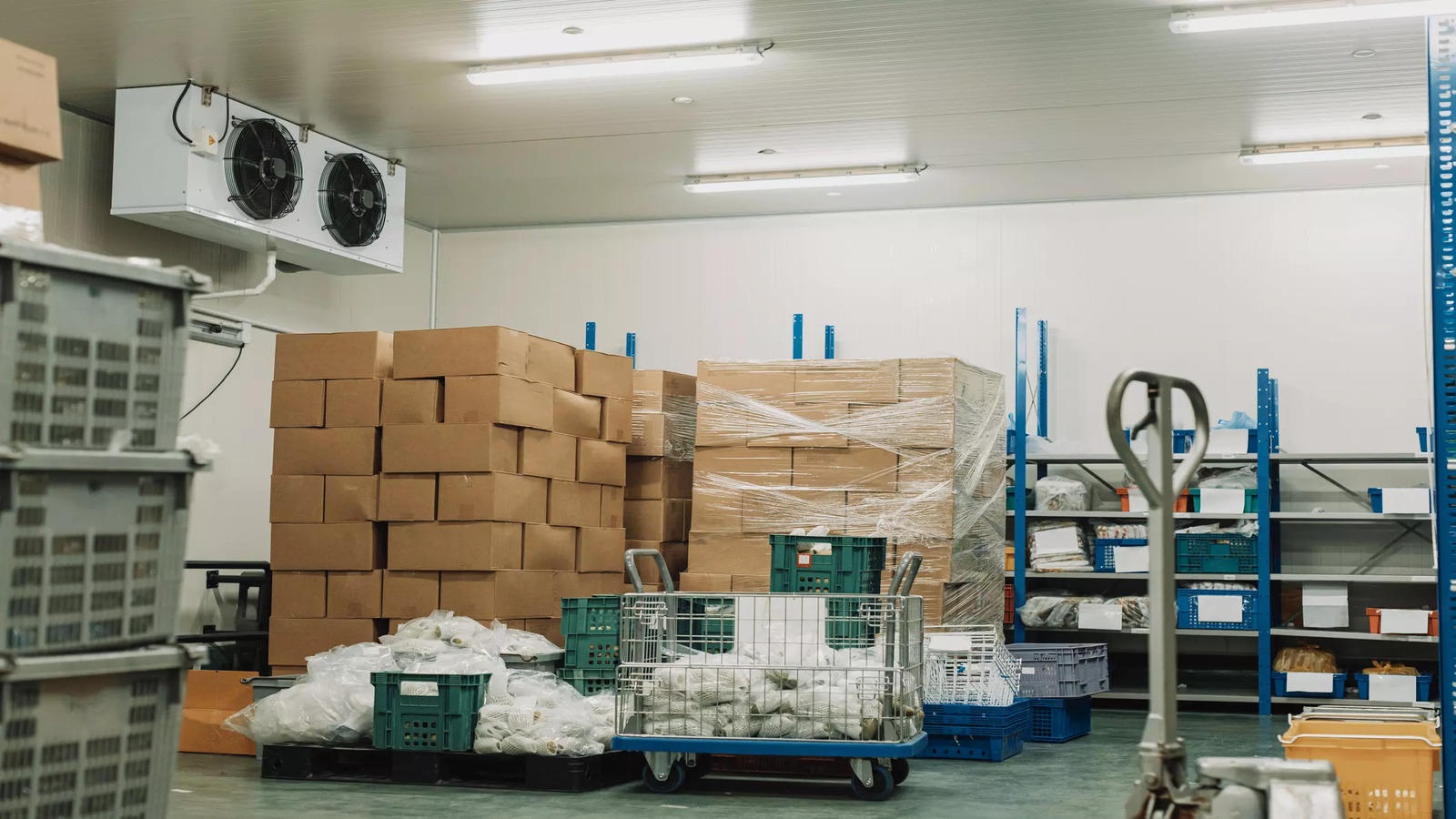
Trying times don’t seem to be appropriate for investment unless this investment is really smart. How do car-hire companies respond to the current challenges and can CRM software for rental car services assist in their efforts? We’ve examined the market to provide you with an answer.
The Industry in Distress
Recent statistics have clearly proved what we might suspect – the pandemic hit the car rental market badly. Even a fast look at Euromonitor International’s reports exploring the situation in various countries reveals that the trend is truly global. The sales declined in both developed countries, such as the US, Canada, or the UK, and emerging markets like India or Mexico. COVID-19’s consequences affected both business and leisure travels, though the latter stands in a slightly better position. Statista shows that worldwide revenue in the car rental segment dropped from $91 million in 2019 to $53 million in 2020. Although it is projected to revert to growth next year, the rise to the last year’s level is expected only by 2023.
While car rental companies are forced to cut prices for surviving, some of them are sinking like a rock. Such giants as Hertz and Advantage announced filing for bankruptcy in May 2020, though the pandemic was only the final nail in the coffin. This fact could make their competitors happy if it wasn’t so scary. How to adapt to the new reality when traditional drivers of the industry, business travels and tourism, are under the ban or at least restricted?
Out of the Crisis
Some businesses do their best to allay customers’ concerns as to the safety of using rental vehicles during the pandemic. They provide cleaning and disinfection after each rental and mark the cars with safety seals. Obviously, they teach social distancing to their employees and require wearing masks. Delivering a vehicle to a client’s place and retrieving it from where they left it to avoid direct contacts is becoming the new normal as well.
Other car rental services plunged into austerity, including in terms of advertising. According to MediaRadar, the companies’ ad expenditures have been fluctuating throughout the year perfectly in line with the quarantine tightening and easing – a dramatic fall in April and an impressive rise at the end of May. The prices are also scaled-down, with some companies offering up to 50% off in the spring.
While all that’s great and does address current challenges faced by the industry, what about technological advancements that can be employed to help car rental companies in the hard times? Some of them are already in place, for example, applications that allow for touchless services. Downloaded to a mobile device, such an app gives keyless access to a vehicle for both employees and clients, thus reducing the possibility of spreading pathogens. And we won’t even mention software for online booking since, according to Statista, more than two-thirds of sales in the industry go through digital channels over the last years.
However, there is still much space for integrating digital solutions into the car rental workflow to optimize it, cut expenses, increase efficiency, and, in the end, elevate a company’s competitive strength. Let’s explore one of these tools and learn how it can help to get out of the crisis.
RentSyst Streamlines Fleet Management
Here, we are talking about car rental software targeted at companies’ management teams rather than their customers. But frankly speaking, it works towards customer satisfaction as well by contributing to smooth car rental operation. Basically, RentSyst is a SaaS solution accessible via a web browser or an app from desktops and mobile devices operating on iOS and Android. It combines a bunch of tools in one place to efficiently manage both people and vehicles while obtaining relevant analytics for further improvements. Some functions provided by the system cover:
- Fleet tracking. Each of the cars can be connected to the cloud-based platform with GPS trackers used to locate the vehicle wherever it is in real-time. If the car happens to break down or a client fails to find the spot where the vehicle is parked, you will always be able to guide a tow truck or the client in the right direction.
- Remote control. Special sensors tapped into a car’s on-board computer transmit multiple parameters, from fuel level and speed to engine overheating. You can not only set up notifications about any potentially dangerous actions performed with the car but also prevent some of them remotely.
- Vehicle card. All information about each of your cars is conveniently gathered in these cards. Vehicle description, order history, damages, maintenance schedule, tariffs applied, and even charts to automatically calculate income obtained and planned – everything is clearly shown and easily editable.
- Order status. You need only a quick glance to see which cars are booked, which orders are paid, what pickup and return locations are specified, and more. When a new order arrives, you can fill in all the necessary details in a few clicks, including assigning co-drivers, adding equipment, or choosing an insurance type.
- Payments. You get full control over amounts paid and unpaid, payment methods and types, maintenance costs, rental prices, and currency accepted, not to mention the possibility of integration with MasterCard, Visa, PayPal, and e-wallets.
- Electronic paperwork. Invoices and agreements are created automatically to be printed out, saved on a device, or send via e-mail. You can even sign an agreement with e-signature in a time-saving, eco-friendly, and pandemic-aware manner. Hello, COVID-19!
We could go on with the list, but it’s time to connect the dots. The software offers multiple opportunities to automate operations, boost efficiency, cut costs, and enhance customer satisfaction. And it has many features promoting a currently central touchless environment. When you can monitor virtually everything that happens with your fleet remotely, for example, check fuel level upon return with the sensors or examine a car’s cleanness by a photo, why would you bother to initiate direct contact with customers or attendants? Sure, your clients will appreciate quality services provided with social distancing and safety in mind while you will gain from easier management.




